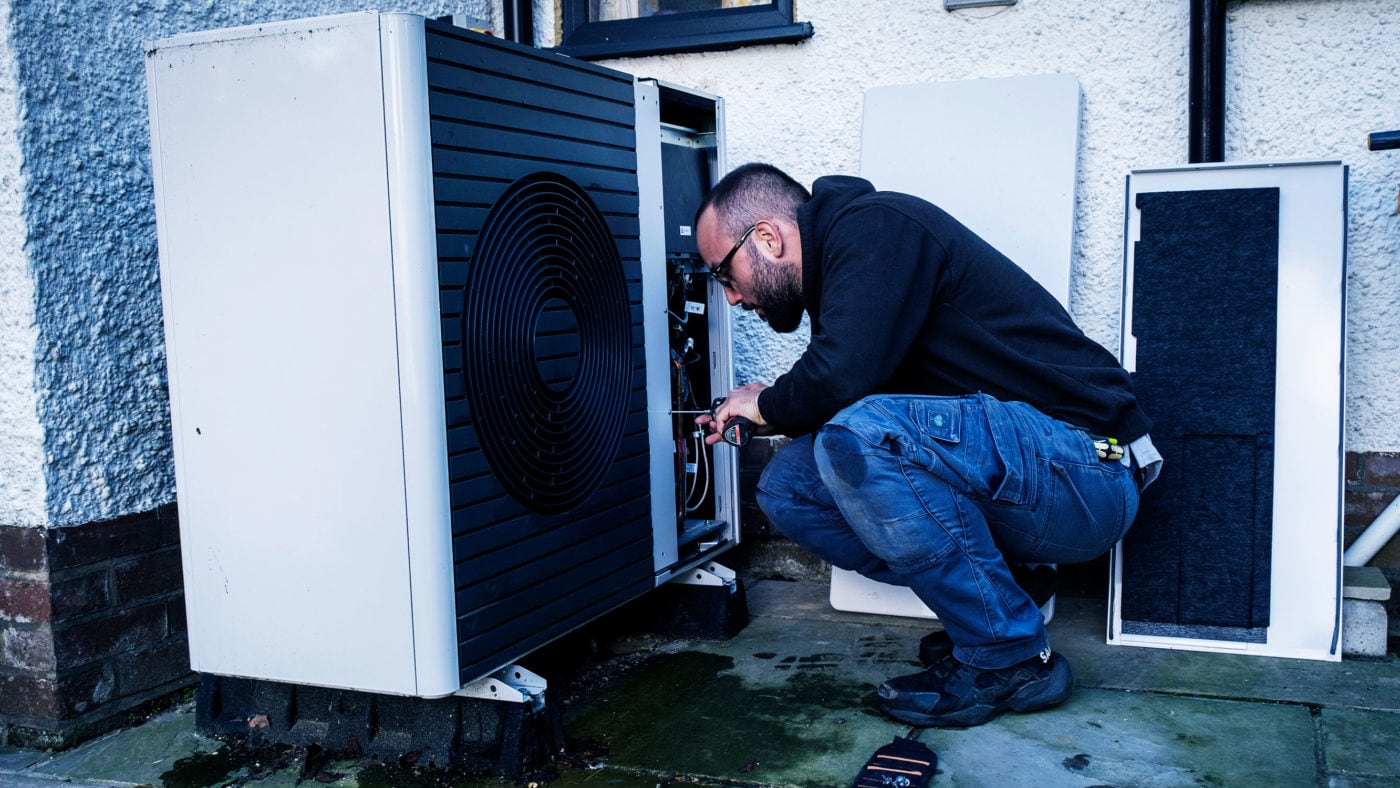The UK’s transition to net zero is already well underway, with emissions now around half what they were in 1990. The inconvenient truth, however, is that much of that progress was relatively easy. We got there, in part, by picking the lowest of the low-hanging fruit – cleaning up our electricity grid by replacing coal-fired power stations first with gas-fired ones, and later on renewables. To reduce emissions further will therefore mean making inroads in parts of our economy which have so far proven stubbornly hard to decarbonise.
Take domestic heating. Most homes in Britain have a gas boiler, and while they generally do a good job of keeping us warm, they are also a significant source of carbon dioxide – with the average boiler emitting the same amount of CO2 as seven transatlantic flights. Given there are an estimated 26 million gas boilers in the UK, with millions more still being sold each year, decarbonising domestic heating really is a Herculean task.
But if we’re to get to net zero, it’s a task we must nonetheless take up with gusto.
The best way to do so is swapping gas boilers out for heat pumps. These work like refrigerators in reverse, and, when powered with clean electricity sourced from nuclear reactors, wind turbines or solar farms, they generate zero emissions. Heat pumps are still relatively rare in British homes, but are a common sight in plenty of other countries – including notably cold ones like Norway and Sweden. If the Nordics can do it, so can we.
The Government clearly takes the same view, and is aiming to have hundreds of thousands of heat pumps installed every year of this decade. To spur the industry on, pots of public money have been set aside for subsidies, and other tax breaks have been announced.
Without doubt, those kind of incentives will help. But the Government would be wrong to think that cost is the only obstacle if heat pumps really are to become the predominant way to heat our homes.
Enter that well known enemy of progress and prosperity, the planning system. Just as it has gummed up the building of new homes, so the alluvial plain of bureaucracy and pettifogging regulations is getting in the way of a greener Britain.
The villain of the piece is the snappily named Town and Country Planning (General Permitted Development) (England) Order 2015. It states that planning permission is required if ‘any part of the air source heat pump would be installed within 1 metre of the boundary of the curtilage of the dwellinghouse’. Which, in plain English, means that if want to install a pump in your back garden, you can’t necessarily tuck it away neatly in a corner – a big problem if you’re a city-dweller without much outdoor space to play with.
The rationale for the ‘1 metre’ rule was to make sure noisy units don’t impinge on neighbours’ eardrums. Though put in place with the best of intentions, this legislative quirk is already well out of date. They might once have been noisy and distracting, but modern heat pumps are extremely quiet. Indeed, you’d probably struggle to hear one over the noise of everyday suburban life.
Yet, maddeningly, the rule persists. Owners of properties which would be prime candidates for heat pumps understandably think twice about installing one, and the transition to a cleaner economy is hindered, and potential jobs for heat pump manufacturers and installers fall by the wayside.
In its bid to end its contribution to climate change, the UK faces many difficult challenges – with decarbonising domestic heating being one of the toughest nuts to crack. So it’s imperative that we bank the easy wins where we can. Scrapping the ‘1 metre’ rule for heat pumps wouldn’t cost the Government a penny, and would be a small victory for homeowners who want to do their bit for the planet.
Click here to subscribe to our daily briefing – the best pieces from CapX and across the web.
CapX depends on the generosity of its readers. If you value what we do, please consider making a donation.


